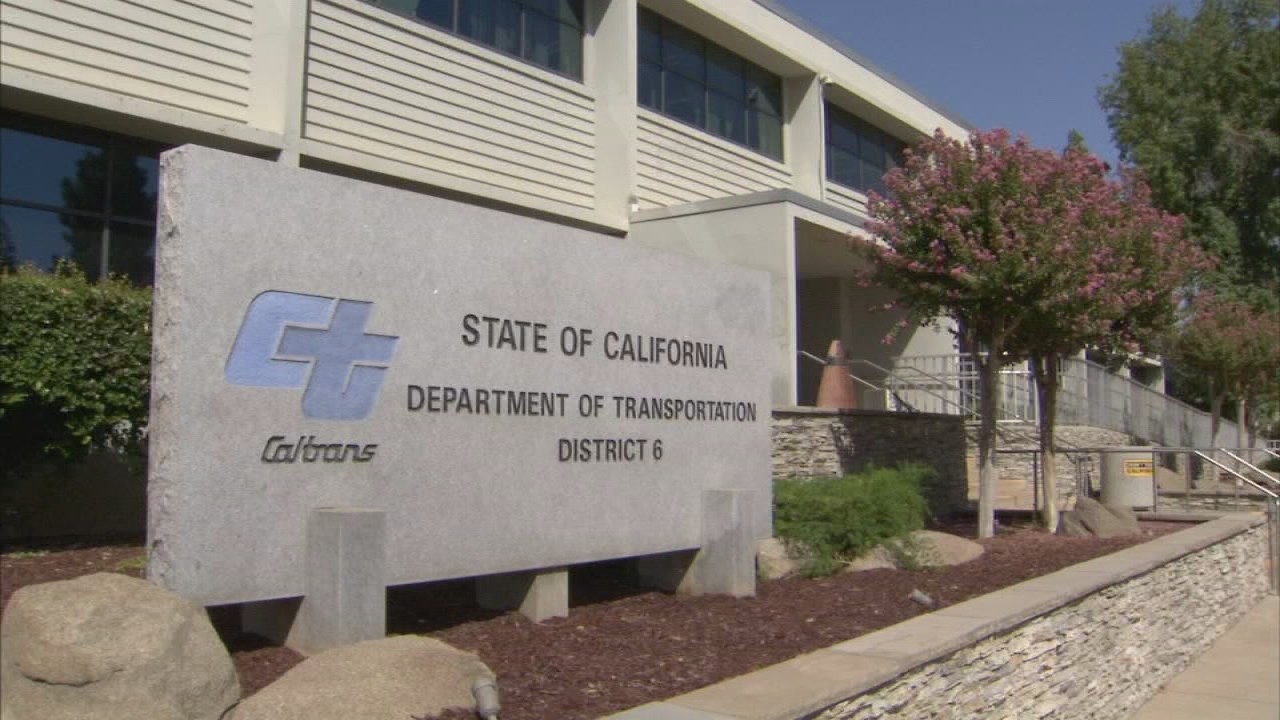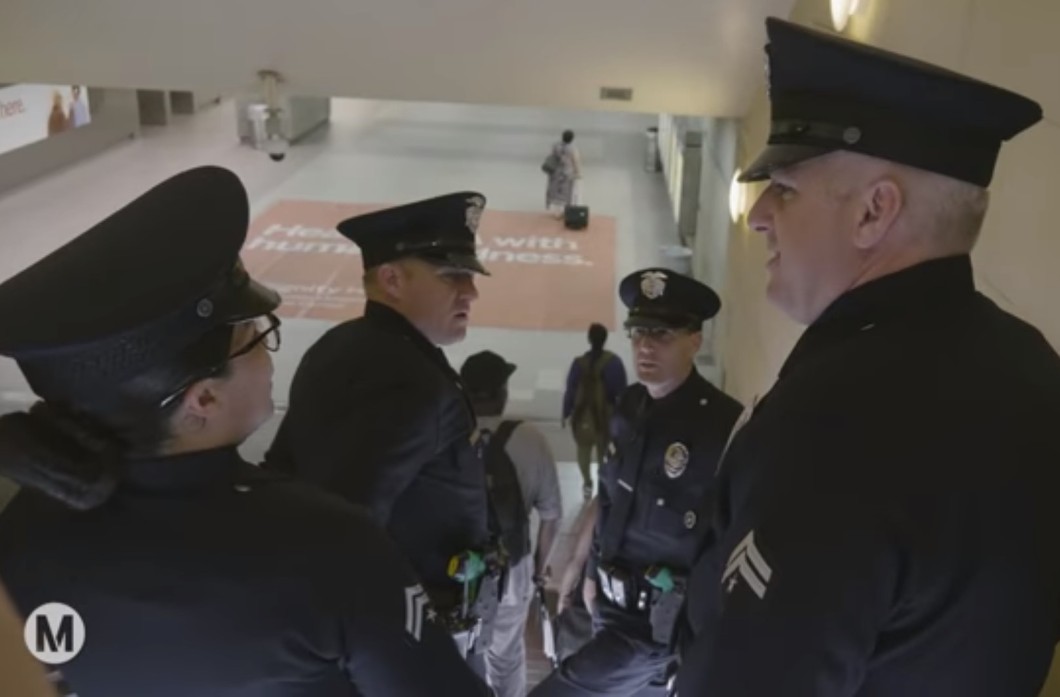In a pivotal environmental lawsuit, the California Department of Transportation's attempt to sideline state environmental law (CEQA) faced a major hurdle this week.
At issue is the agency's mitigation plan for a controversial highway interchange expansion project in south Fresno, which has been deemed a flagrant violation of CEQA by independent legal experts.
Caltrans claims its proposed mitigations – a sidewalk, trees, and an electric vehicle charging station – address any potential health impacts from a pair of interchange expansions on Highway 99. This comes despite the agency skipping a required public health analysis – a crucial step in determining adequate mitigation.
In Caltrans’ attempt to sidestep the resident’s lawsuit, which challenges the state agency’s mitigation plan, the state agency sought to dismiss the CEQA claims on technical grounds, arguing the community groups missed the filing deadline.
In a Jan. 23 preliminary ruling, Judge Geoffrey Wilson, however, threw a wrench in Caltrans’ plans, rejecting the state agency's argument.
"Caltrans fails to provide any authority which provides that equitable tolling cannot apply to a CEQA claim," Wilson stated, referencing the legal principle that applies deadlines to multiple jurisdictions at the same time.
Caltrans’ argument hinged on a complicated twist: when the community groups initially filed a joint lawsuit in federal court last March, raising both state and federal environmental claims, the state agency claims only half of the lawsuit filed in federal court "counted" for environmental claims.
While the joint suit was filed within state deadlines, Caltrans contended that this action didn’t “count” for the state claims by not triggering "equitable tolling," effectively making the community groups late to the state party.
Caltrans’ request for the south Fresno case is extraordinary. No case in state history has ever denied a CEQA case of equitable tolling, Caltrans’ lawyer Cassandra Hoff said in court Wednesday. Last year, a California Court of Appeal found equitable tolling applied to CEQA claims.
Wilson’s preliminary rejection of Caltrans’ reasoning set the stage for Wednesday’s final showdown on the technical issue. Lawyers from both sides made their final pitch in Fresno County Superior Court, with lawyers from Stanford driving down to defend local residents. Caltrans representatives were notably absent, opting to call in from an undisclosed location.
Despite the hearing being bogged down in legal minutiae, the courthouse chambers were filled up with nearly thirty residents who were against the Caltrans projects.
“By filing in federal court, they took the risk,” said Hoff about the community groups. “[They] have no one else to blame but themselves.”
Wilson has ninety days to finalize his ruling, although a decision is expected sooner, lawyers from Stanford said.
The legal standards of when equitable tolling apply are broad and discretionary, often dealing with whether it was “reasonable” to do a joint filing in state and federal courts.
In this case, the community groups argue they met this legal standard, pointing out that a federal court has already ruled that the environmental analysis is nearly identical under state and federal law.
If Wilson’s preliminary judgment stands, Caltrans’ decision to not conduct a public health analysis for the interchange projects will have its day in state court, potentially raising the bar for future mitigation efforts.
Conversely, should Wilson reverse his preliminary ruling, such a decision denying equitable tolling in a CEQA case would be unprecedented.
“Caltrans had timely notice of the [lawsuit], [and] it suffers no prejudice litigating in its preferred forum (in state court) ...” wrote the lawyers for the community groups.
“The Court should overrule Caltrans’ [request] and allow Petitioners, and the marginalized communities they advocate for, their day in court.”
This article first appeared on Fresnoland and is republished here under a Creative Commons license.






